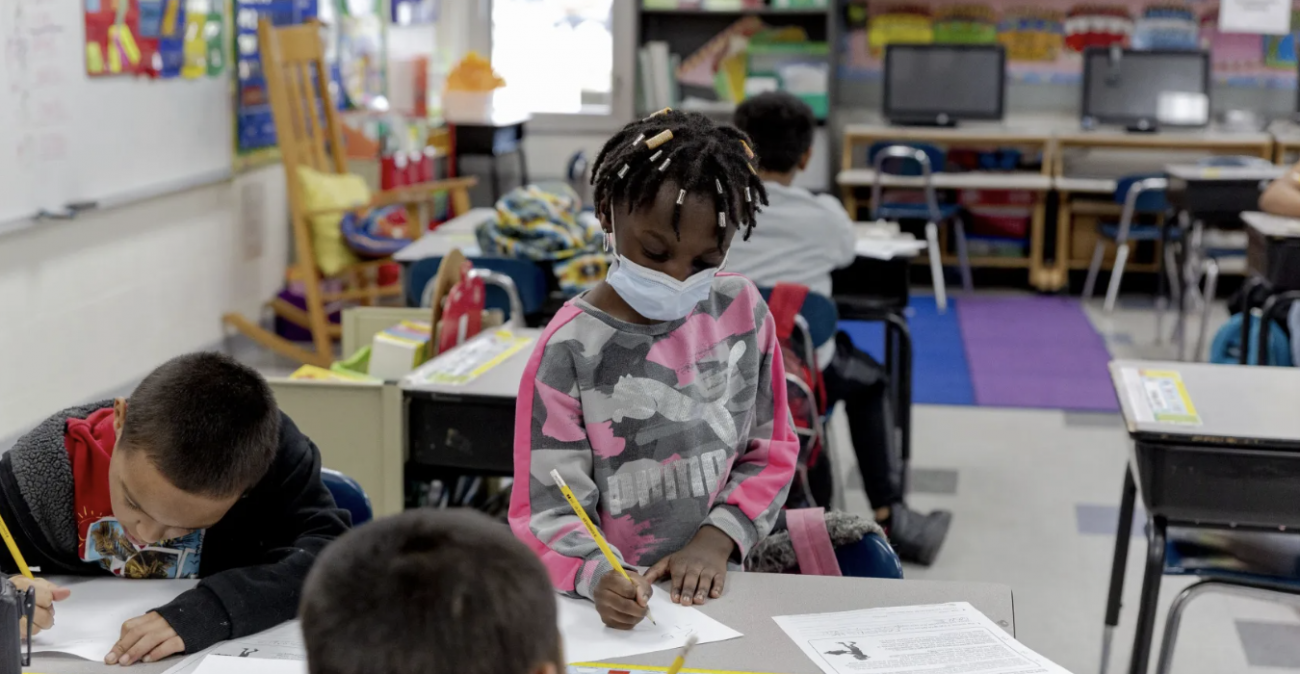Dyslexia bills pass Michigan Senate with bipartisan support

This story was originally published by Chalkbeat. Sign up for their newsletters at ckbe.at/newsletters.
Three years ago, Michigan law didn’t mention dyslexia. Now the state is a step closer to enacting comprehensive measures to improve literacy by screening for and addressing the hereditary reading disorder.
The state Senate passed a package of bills on Wednesday that would require schools to screen for dyslexia and provide evidence-based instruction to help students learn to read.
The bills passed unanimously, an unusual occurrence in an election year when education policy has become a hot-button political issue.
Related:
- After another school shooting, Michigan students, teachers worry about safety
- More Michigan third-graders could be held back under read-or-flunk law
- Short on teachers, Michigan schools try to grow their own
Supporters of the legislation say that it could build on Michigan’s efforts to improve early literacy by homing in on a particular group of struggling readers: Students who struggle to an unusual degree with basic reading tasks such as sounding out written words. Researchers estimate that between 5% and 20% of all people have dyslexia.
Opponents say most existing tests don’t accurately identify dyslexia, and point out that similar legislation in Texas and Arkansas didn’t increase the number of students identified with dyslexia.
As the bills move to the Michigan House, it remains to be seen whether they will continue to garner bipartisan support with elections looming this fall.
“This is really a nonpartisan bill, and I hope legislators can come together to improve literacy even in the context of a contested election,” said Sen. Jeff Irwin, a Democrat who is sponsoring one of the bills.
Rep. Pamela Hornberger, chair of the House Education Committee, didn’t respond to a request for comment on the legislation. A spokesman for Gov. Gretchen Whitmer also did not respond to a request for comment.
Students who struggle with reading are more likely to have behavioral issues in school and drop out. In 2016, Detroit students argued in a major federal lawsuit that the U.S. Constitution guarantees a right to literacy because reading is a prerequisite for life as a citizen.
In 2016, the state passed a third-grade reading law to improve reading instruction and provide extra help to younger students who struggled with reading. The policy has thus far shown modest benefits, but they may have been eroded by the pandemic.
Key features of the bills:
- Districts would have to screen all K-3 students for dyslexia, often using exams that they already administer to students, by the start of the 2024-25 school year.
- Districts would provide interventions to students identified with reading challenges and notify their parents.
- The Michigan Department of Education would ensure that teachers who work with young readers would receive instruction in working with dyslexic students by the start of the 2026-27 school year.
- MDE would create or adopt a resource guide related to dyslexia and form a committee to help create and update the guide.
- The State Superintendent could no longer allow teacher preparation programs — typically colleges of education at public universities — to provide certification if they don’t offer instruction specific to dyslexia by 2023. Several such programs previously told Chalkbeat that they already meet this requirement.
Some groups of education administrators in Michigan, including the Michigan Association of Superintendents and Administrators and some special education administrators, argue that schools are already required to identify and support students with learning disabilities such as dyslexia.
Michigan Education Watch
Michigan Education Watch is made possible by generous financial support from:
Subscribe to Michigan Education Watch
See what new members are saying about why they donated to Bridge Michigan:
- “In order for this information to be accurate and unbiased it must be underwritten by its readers, not by special interests.” - Larry S.
- “Not many other media sources report on the topics Bridge does.” - Susan B.
- “Your journalism is outstanding and rare these days.” - Mark S.
If you want to ensure the future of nonpartisan, nonprofit Michigan journalism, please become a member today. You, too, will be asked why you donated and maybe we'll feature your quote next time!





